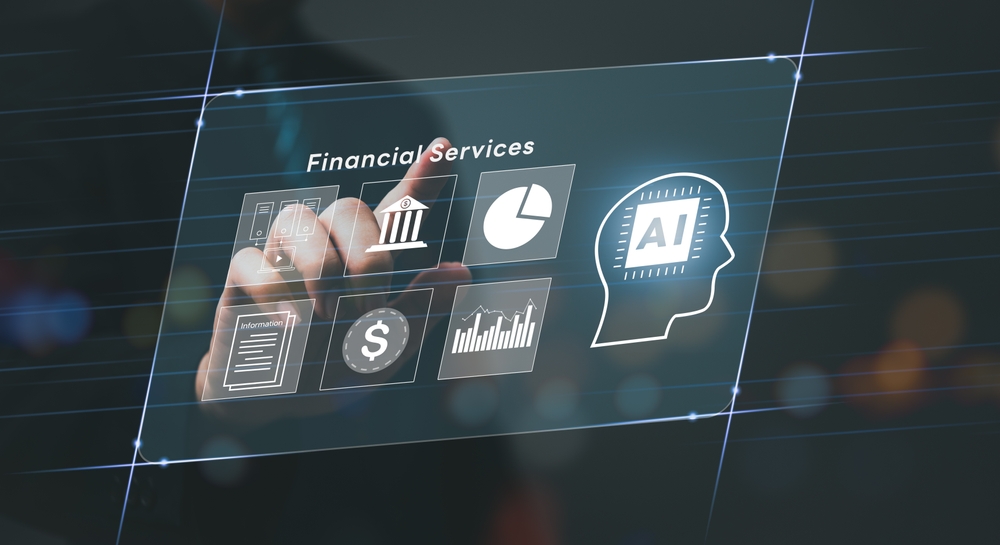The Three Main Ways Banks Leverage AI
- AI has emerged as a powerful protective tool for banks and their depositors
- Consumers are becoming more aware of AI services in other areas of their lives
- What was once a feature will soon be an expectation
BizTech Magazine examines AI and the three primary ways banks are deploying this new tool. Consumers, too, are met regularly with AI advantages in daily life.
Consumers interact with artificial intelligence daily without even realizing it. Spam filters use machine learning algorithms, a subset of AI, to determine which emails to divert. And many businesses use AI to monitor for fraudulent transactions and automate processes. It’s a powerful tool for protecting consumers and improving their experiences, but AI is also becoming essential to protecting banks themselves.

This also means that consumers are expecting AI services and protection in more and more areas of their life.
Primary AI Deployment
Artificial Intelligence is growing more sophisticated every day, and banks are leveraging AI in 2024 in three primary ways:
- Consumer Protection: AI and high-performance computing aid banks in protecting consumers, ensuring their financial security.
- Improved Customer Experience: AI helps banks enhance the customer experience by providing personalized services and more efficient interactions.
- Operational Efficiency: Utilizing AI enables banks to streamline their operations, leading to increased efficiency and cost savings.
Over the past few years, we've seen more and more banks evaluate their legacy processes and systems. These evaluations have led many of them to upgrade their technologies to AI and machine learning systems that effectively automate various processes, including check processing and fraud detection.
For check processing, banks are benefitting by moving from 80-85% accuracy and read rates to over 99% -- effectively achieving straight-through processes. For check fraud detection, banks are looking to decrease the number of false positives to lower the number of items being reviewed.
With AI and machine learning technologies, banks are able to identify fraudulent checks more accurately, enabling reviewers to efficiently manage their work queues.
